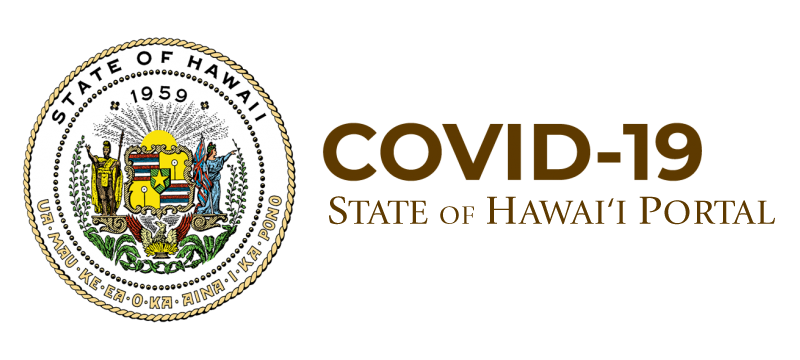Start by Listening and Being Aware of the Emotional State of Others
The pandemic has not only taken a toll on the physical health of Hawai‘i residents, but also on our mental health. There has been an increase in anxiety, depression and other mental health challenges during this pandemic. Some of this is the result of isolation and disruptions in our relationships and our usual way of doing things. With the eviction moratorium and federal unemployment support ending, many are worried about how they will put food on the table for their family and if they will join the ranks of those without homes.
“Despite the enormous challenges caused by the pandemic, we have not experienced a global rise in suicide rates,” said Dr. Alexander Khaddouma, Psychologist at the Counseling and Student Development Center at the University of Hawai‘i at Mānoa. “However, other kinds of mental health conditions have been on the rise during the pandemic, which may later contribute to a rise in suicide rates. It’s an important thing to keep our eye on this.”
Dr. Khaddouma noted that data suicide rates have consistently been on the rise over the past several decades, particularly among youth.
“Suicide has been and continues to be one of the largest causes of youth mortality, and is one of the top 10 causes of death across age groups. This makes suicide a significant public health concern. Alongside accidents and homicide, more of our youth die by suicide than any other causes. But suicide is preventable with the proper individual and social supports, and access to professional help.”
Take Suicide Seriously
Five Tips from Dr. Alexander Khaddouma
- Suicide is a serious problem and any suicide threat or attempt should be taken seriously.
- Recognize when someone is in severe emotional pain, such as feeling consistently depressed or sad, hurting themselves, or thinking frequently about suicide or ending their life.
- The best thing you can do to help someone is to be a good listener, acknowledge their pain, make sure they are in a safe environment, and encourage them to seek help from a mental health professional.
- Don’t be afraid to bring us the topic of suicide with someone who you are worried about – it is often best to ask directly so you can know how to help them.
- Get help right away. If you or a loved one are in immediate danger, call 911 or visit your nearest emergency room, as severe suicidal ideation can become a life-threatening concern. If you or someone you know is having suicidal thoughts, contact Hawaii CARES, a locally-based program jointly run by the Hawai‘i State Department of Health and the University of Hawai‘i that provides immediate intervention and support through crisis, treatment, and recovery. On O‘ahu, call (808) 832-3100; neighbor island residents may call toll-free at 1 (800) 753-6879.
Denby Fawcett: Why So Few People Are Getting The New Covid Shot
Experts are worried about the lack of interest as people are still suffering from the virus and long Covid. By Denby Fawcett Original article on Civil Beat, November 7, 2023 I keep a card in my [...]
Federal Public Health Emergency (PHE) for COVID-19 ends on May 11, 2023
HONOLULU, HI –The federal Public Health Emergency (PHE) for COVID-19, declared under Section 319 of the Public Health Service Act, will expire at the end of the day on May 11, 2023. As the PHE [...]
Seniors now eligible for additional COVID-19 bivalent booster dose, COVID vaccine recommendations simplified
HONOLULU, HI – The Hawai‘i Department of Health (DOH) supports the latest recommendations announced yesterday by the Centers for Disease Control and Prevention (CDC), allowing an additional dose of the bivalent booster against the virus [...]
Hawai‘i COVID-19 hospitalizations on the rise
HONOLULU, HI – The Hawai‘i Department of Health (DOH) reports a rise in the rate of COVID-19 hospitalizations. The number of total positive COVID-19 hospitalizations has increased over the past week (3/26 – 4/4) from [...]
Wastewater Samples Show Higher COVID Concentrations & New Subvariant
The Hawai‘i State Department of Health’s most recent Wastewater Surveillance Report documents two significant developments about COVID-19 in Hawai‛i. Higher concentrations of the virus that causes COVID-19 The arrival of the XBB.1.5 subvariant Higher concentrations [...]
Bivalent boosters for keiki as young as 6 months
Updated COVID-19 bivalent boosters are now available in all counties for keiki as young as six months of age. The U.S. Food and Drug Administration (FDA) amended the emergency use authorization for the bivalent boosters [...]

